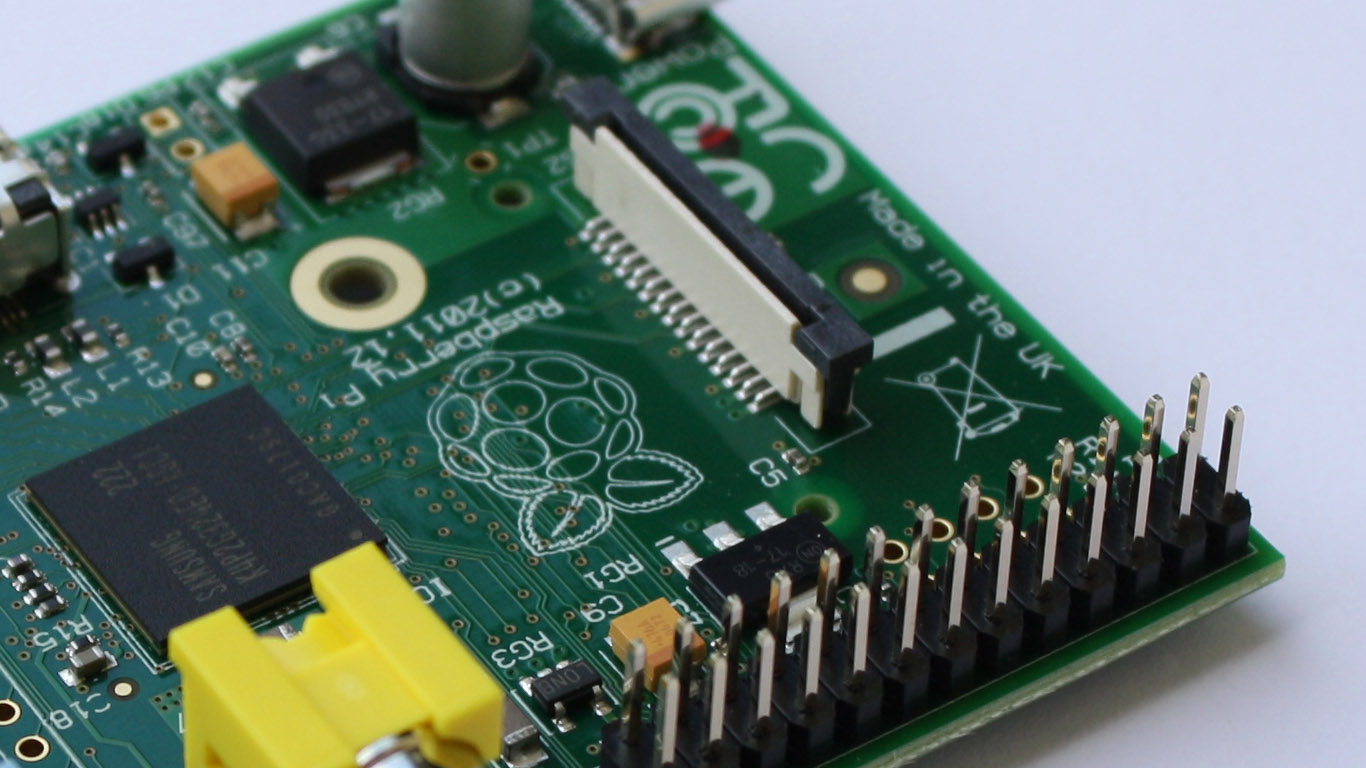'It would be fatal if we were still shipping the same Raspberry Pi in 2016'
We caught up with Eben Upton, the creator of the Raspberry Pi

There are significant numbers of people - probably a 100 people - who owe their livelihood to the Raspberry Pi at the moment. So that does focus the mind a little but when you think "Ooh, let's change this component on the PCB"
If we were building 100 of them a week and we accidentally crashed a week's production, then that's a 100 units we'd have to scrap. At the volume's we're running at now, of course, a week's production is 30, 40, 50 thousand units, depending on the week, and you could damage the business and then people would lose their jobs. So it's not so much that that's not really fun, but it does focus the mind.
LXF: It's interesting that you envisaged the Raspberry Pi to be both a foundation and a business, because that is a very specific feature you don't see often enough.
EU: I think it's really important that if you wanted to be sustainable, that's the thing, I think this idea that charity doesn't scale - we wanted to be a charity, we are a not-for-profit. But the money that gets made gets ploughed back in. I don't take a salary. I'm lucky enough not to have to take a salary.
Another career
LXF: Would that ever change?
EU: I could at some point I suppose. I do work, basically, more than full time - more than what most people would consider full time for this organisation. But I'm still employed by Broadcom. It's have been enormously generous. I think there's always been this suspicion that it's Broadcom marketing, and I think that this fuels the idea. I think we've just been lucky with this thing, and it took a while to persuade Broadcom this was worth doing.
LXF: Is it like when Linus Torvalds worked at Transmeta?
Sign up for breaking news, reviews, opinion, top tech deals, and more.
EU: It's becoming that kind of relationship. Possibly less involved because I understand he was quite heavily contributing to Transmeta. I spend, I'd say, 90% of my time now on Raspberry Pi activities.
So yeah. Would I ever take a salary? Yes, at some point it might get to the stage where that's not a sustainable thing for Broadcom anymore and that would probably be the right time to move across. In any case I might move across for a salary but it's not like people are getting dividends out of this so any retained profit in the organisation after we pay people just gets re-circulated back into the platform.
And that's nice because it means that our bit of it is sustainable and that we've got a bit of strategic depth so that we can afford to do interesting new things ... like finance the development of the camera.
The Pi was developed by Pete Lomas at Norcott (Technologies Limited) as a donation, basically, as one of the trustees of the foundation. The camera board has been developed as a commercial product, so we paid people to design the camera board for us.
The secrecy of the Pi
LXF: Does that affect whether the hardware schematics will be released?
EU: The schematics have been released but not the PCB, and that's an interesting question. Would we ever release the design of the PCB? The intention has always been to release the design of the PCB; it still is. The issue is that you really can't buy the chips. There's actually another problem we need to solve.
LXF: Is that why you're not releasing the design of the PCB?
EU: If we release the design of the PCB, the reason why you can't build a Raspberry Pi is because you can't buy the chips. And a certain amount of… opprobrium… there were a small number of people who, I think, were very offended that we haven't given away all of our IP. And right now, that opprobrium is heaped on us. Now if we were to give [the IP] away, I know where the opprobrium would end up. And I believe that Broadcom has been enormously supportive and I don't believe it deserves that opprobrium. So for now I'm happy to sit there and absorb those brickbats. I don't have a great ideological commitment to giving away my IP, given that the money that's generated by our ownership of that IP goes to make Pi sustainable...